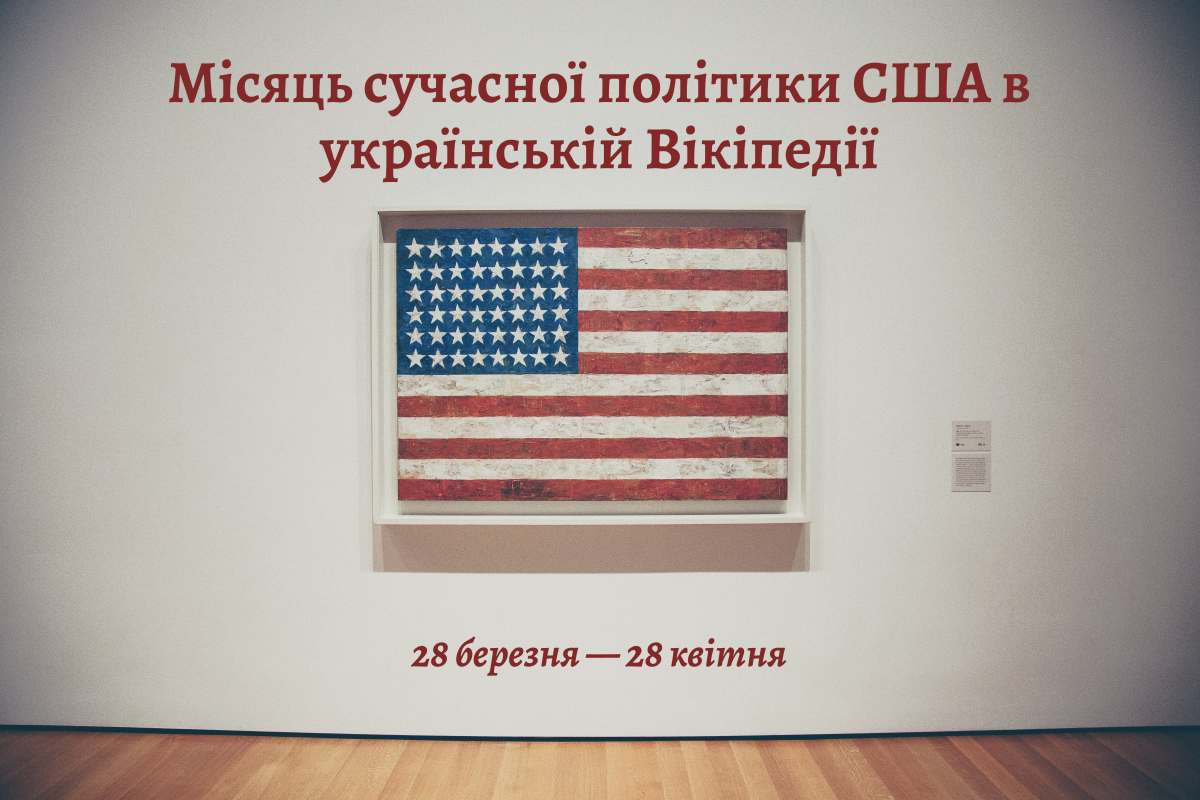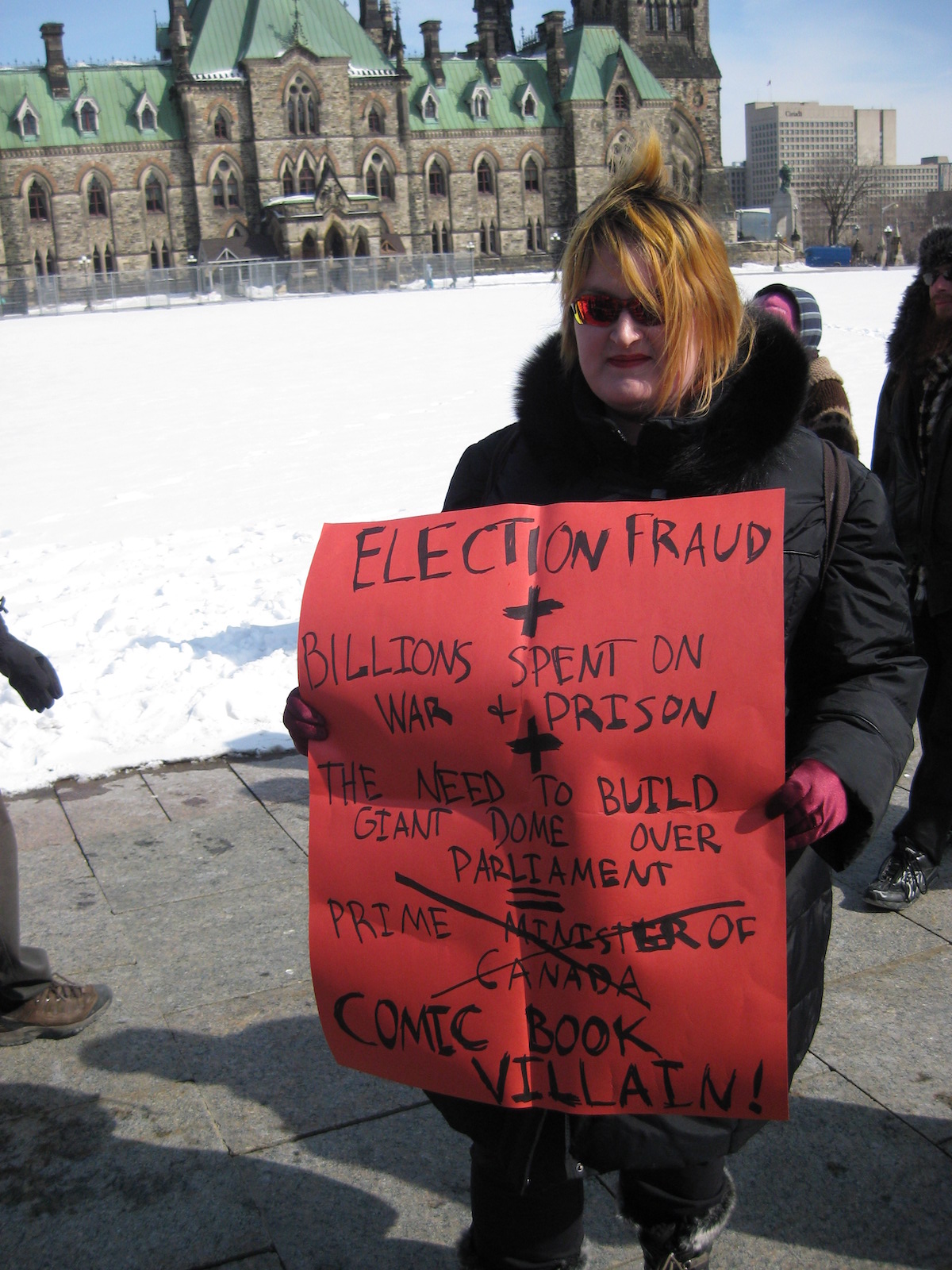The crisis of the global, neoliberal order has now entered an acute phase, distinguished by what has become de facto what radical agitators and insurrectionists have dreamed about since the


CRITICAL THEORY | SOCIAL ANALYSIS | POLITICAL PHILOSOPHY AND THEOLOGY

The crisis of the global, neoliberal order has now entered an acute phase, distinguished by what has become de facto what radical agitators and insurrectionists have dreamed about since the

The following is the last of a three-part series. The first can be found here, the second here. Populism, therefore, for all its failings aims to reconceive as well as

The following is the second of a three-part series. The first can be found here. With Rousseau, however, the same monopolitical vision was turned upside down and theorized as popular

The following is the first of a three-part series. In the preface to his book Emancipations, published in 1996, the distinguished Argentinian political theorist Ernesto Laclau writes: If we wanted

The following is the second of a two-part series. Ultimately, Donald Trump won out in the 2016 presidential election, running on a platform of reactionary populism, as opposed to Bernie

In the image above, in Ukrainian: “The month of modern US politics in the Ukrainian Wikipedia, 28 March – 28 April” (2014). The date signifies Obama’s urging of Moscow to

What follows updates some excerpts from my book, A Transatlantic Political Theology of Psychedelic Aesthetics (Palgrave 2019). Related excerpts may also be found with respect to Walter Benjamin in The Journal For

The following is the last of a three-part series. The first can be found here, the second here. The Subject Supposed to Put Students First Philosopher Campbell Jones’s analysis of recycling

The following is the second of a three-part series. The first can be found here. Neoliberalism and Racial Capitalism in Schools Neoliberalism is the dominant force behind urban education reform.

The following is the second of a series of responses on the part of the editorial staff of The New Polis to the events of January 6, 2021. The earlier